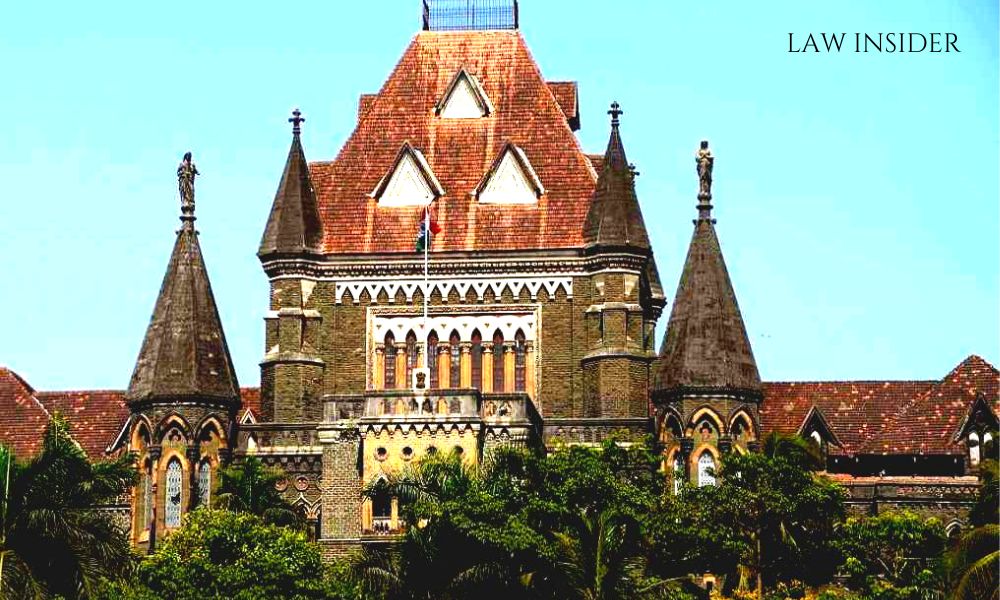LI Network
Published on: October 16, 2023 at 12:14 IST
The Bombay High Court has provided clarity on the powers of Single Judges under Rule 18 of Chapter XVII of the Bombay High Court Appellate Side Rules, 1960.
In a recent ruling, the Court emphasized that a previous Division Bench decision limiting a Single Judge’s jurisdiction to specific quasi-judicial orders is not binding. Instead, the Court upheld the Full Bench decision in Prakash Securities Pvt. Ltd. v/s. Life Insurance Corporation of India, which extends the scope of a Single Judge’s authority to orders under any legislation, even if not explicitly mentioned in Rule 18.
Case Background
The case in question involved a petitioner challenging an order passed by an arbitrator under the provisions of the Micro, Small and Medium Enterprise Development Act, 2006, and the Arbitration and Conciliation Act, 1996. The petitioner invoked Article 227 of the Constitution of India to challenge the arbitrator’s decision.
Interpreting Rule 18: Single Judge’s Powers
The central issue before the Court was whether the powers of a Single Judge, as outlined in Rule 18, apply universally to all judicial or quasi-judicial orders under any statute, even if those orders are not explicitly listed in the rule.
Dispute on Listing: Single Judge or Division Bench?
The respondent contended that the case should be heard by a Division Bench, citing previous judgments in similar cases. In contrast, the petitioner argued that the matter should be heard by a Single Judge, relying on a previous Full Bench decision.
Rule 18 of Chapter XVII: Scope of Single Judge’s Powers
Rule 18 of Chapter XVII of the Bombay High Court Appellate Side Rules, 1960, defines the scope of a Single Judge’s powers to finally dispose of applications under Article 226 or 227 of the Constitution. This rule lists various categories of cases and specifies whether they should be heard by a Single Judge or a Division Bench. It covers orders from the Maharashtra Revenue Tribunal to orders under statutes like the Industrial Disputes Act, Electricity Act, Motor Vehicles Act, and more.
Clarification by the Court
The Bombay High Court clarified that the Division Bench’s decision, which limited a Single Judge’s jurisdiction to quasi-judicial orders specified in Rule 18(3), is not binding. Instead, they upheld the Full Bench decision in Prakash Securities, which interpreted the Explanation to Clause (3) of Rule 18. The Court affirmed that this Explanation covers orders of any quasi-judicial authority under any legislation, even if not mentioned in Rule 18.
As a result of this clarification, the petition in question will be placed before a Single Judge for disposal on its merits.
Case Title: M/s. Magnum Opus IT Consulting Pvt. Ltd. v. M/s. Artcad Systems

